PhD student George Oliver shares an extract from a short-listed creative writing piece that speculates on the criminalisation of public creative expression…
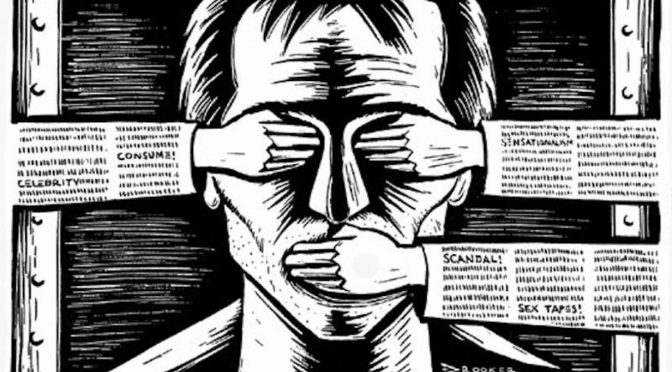

PhD student George Oliver shares an extract from a short-listed creative writing piece that speculates on the criminalisation of public creative expression…
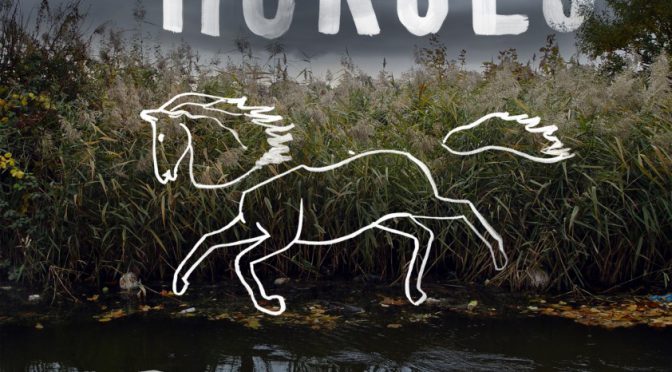
From the English department to creating games and interactive fiction, King’s PhD graduate Greg Buchanan recalls his path from academia to creative writing.
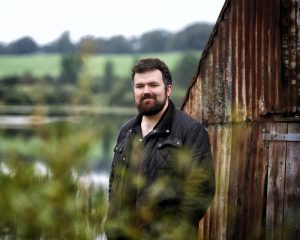
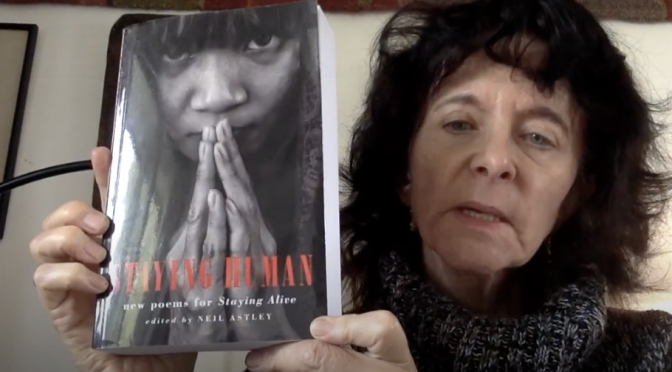
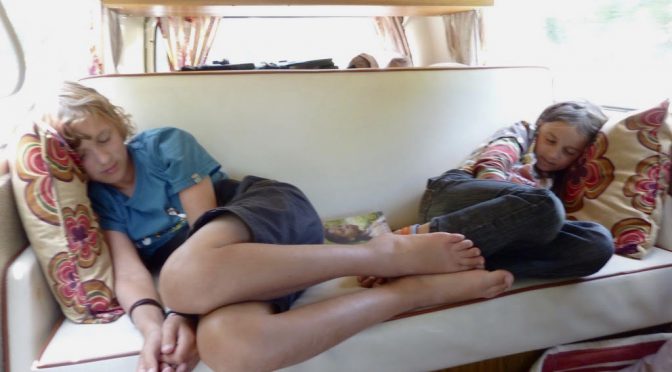
by Freya Thursfield
Freya is 19 and in their second year of undergraduate study in the English Department at King’s College London. They’re from London, but grew up between the UK, Lithuania and China.
I don’t cry until the valve cap on my bike’s front inner tube snaps off in my hand, at which point I stand in a deserted street next to a public bike pump and sob for about five minutes. I had been coping with a global pandemic very well, but now being an adult has crept up on me and I am unprepared. This bike is also my only way of getting to work, which I need to do in less than 24 hours. The chain is so rusted I’m not sure it’ll turn even if I get the inner tube fixed. I don’t have a new inner tube, or the equipment to replace it at home, or the skills, or the energy, the way an adult would.
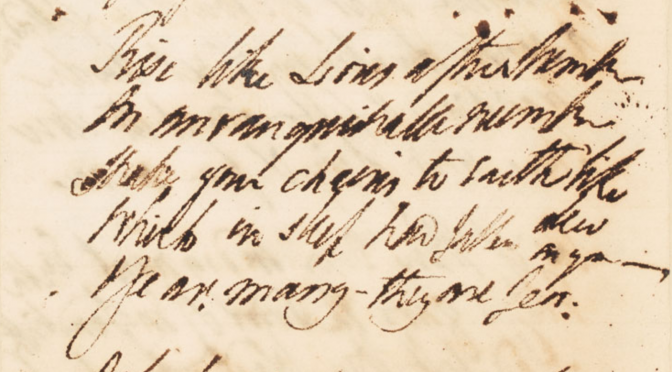
by Ruth Padel, Professor of Poetry. Emerald, published by Chatto & Windus, is her 11th poetry collection.
“Never be afraid of saying you like poetry,” Jeremy Corbyn told thousands of people at Glastonbury in 2017, after reciting the end of Percy Bysshe Shelley’s ‘The Masque of Anarchy‘:
“Rise like lions after slumber … / Shake your chains to earth like dew … / Ye are many, they are few”.
Shelley wrote that poem – an apocalyptic vision of Britain’s destructive, corrupt, hypocritical rulers – after the Peterloo massacre in 1819, when the cavalry charged a peaceful crowd listening to speeches on parliamentary reform. Fifteen people died. “I met Murder on the way/ He had a mask like Castlereagh/ Very smooth he looked, yet grim;/ Seven blood-hounds followed him”.
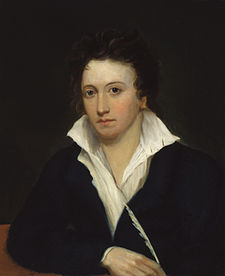
In the following stanzas, the foreign secretary, prime minister and lord chancellor of the day accompany Lord Castlereagh, the leader of the House of Commons, through the groaning land, along with Anarchy, Shelley’s name for capitalism. The procession is stopped by a young woman called Hope (who “looked more like Despair”), who lay down in front of the horses.
I learned about Corbyn’s endorsement of poetry in discussion with Shami Chakrabarti in a “poetry and human rights” event at King’s College London, part of a series that highlights poetry’s conversation with all aspects of life, public or private, political or scientific.